Check out our Tik Tok video that introduces a key idea about tackling your assignments.
Whatever assignment you are tackling, you will have been provided with quite a bit of information about what is expected of you, including:
- the type of assessment
- the credit available for the assessment or weighting of the assessment in your module and/or degree
- the background or rationale for the assessment
- the aim of the assignment – what do your lecturers or teachers want to evaluate?
- assignment requirements or some form of briefing document
- marking criteria with guidance about how different elements will be judged or how to demonstrate that you have met those criteria within the assignment
- tips or exemplars to help you think about what is expected of you
- resources, readings and details of what help is available during the assignment period
- the deadline
- what to do if you have problems completing the assignment or experience illness or another form of emergency that interrupts your ability to work
If you can’t find any of the information above, it is perfectly ok to ask for lecturer or teacher for more help, or to ask other students if they know more about the assignment than you.
Your approach to the assignment
There are two things to consider about your approach to the assignment – strategy and power. Strategy is about the logistics and technical approach to the assignment, whereas the power aspect of your approach is about using something personal about you in the completion of the assignment.
Strategy
University life is really busy, with lots of competing demands on your time. You will often have more than one assignment to work on at a time, from different modules. Some periods might be even busier with bunching of deadlines or lots of extracurricular activities that are also an important part of university life. Therefore, the strategic part of your approach is really important. These are the top things to bear in mind with regards to strategy:
- Make sure you understand what the assignment is testing – what do you need to show to the lecturer in order to get a good grade
- Make sure you understand what the assignment requires as a submission – is the assignment written or in a different media? Is there are required style of writing? Is referencing required? What type of referencing?
- Consider the importance in terms of weighting of the assignment – is this a large part of your module or degree grade? How does it compare to other assignments that you also need to work on?
- Consider how the assignment will be marked – are all parts of the assignment worth the same amount of marks, or is one part more important? For example, a written assignment often requires an introduction, but this is likely to be a small part of the mark – so don’t spend too long on this.
- Are the opportunities to get feedback before the deadline? If there are, make sure you take advantage of this – it will help you improve your work and get a better grade
- Are there any tips or exemplars available? Familiarise yourself with these and think about how you could use them to help your own work
- When is the deadline? How much time do you have to dedicate to the assignment? How can you best use that time? Be realistic – don’t plan to spend 10 hours on something if you really only have two hours. If you use those two hours well, you will accomplish more than trying to fit in work to time that you don’t really have.
Power
The power part of your approach is where you really get to engage your imagination, curiosity, knowledge, effort and personality to the assignment. Not every assignment will have lots of opportunity for you to apply your power – some will be quite routine assessments. However, some assignments will have a lot of opportunity for you to use your power to good effect. If using your power means taking some risks with the assignment, such as completing the assignment in an unusual or unanticipated way, make sure you run your ideas past your lecturer or teacher first. They will probably want to support and help you make sure you get the best grade – so take their advice. How might you bring your power to the assignment?
- Allow yourself to reflect on the aim of the assignment – what is it offering you or trying to test? Let your imagination run free and think about how you might like to achieve this in an ideal world? Is there something you would love to do to demonstrate your understanding or creativity? See if there is a way to merge this with the assignment brief.
- Look at the brief carefully – are there options in terms of the submission? Some assignments might have choices such as written, artistic, video, presentation – choose the option that inspires you the most rather than the option that feels safest.
- Do you have your own ideas or opinions? Would it be appropriate to include them in the assignment? How might you achieve this?
- Is this a good opportunity to show some individuality? How might you approach the assignment in a different way to other students while still meeting the assessment criteria?
- Can you show a little of your personality in the assignment without compromising the academic quality of the work? It is usually possible, and you will get better at this the more you practice.
Using your power takes a little more time for reflection, reading, imagination and consulting with your teacher or lecturer – so it won’t be appropriate to try this in every assignment. Use your strategic approach (above) to know when it is appropriate to try this.
Last Updated 03/10/23
